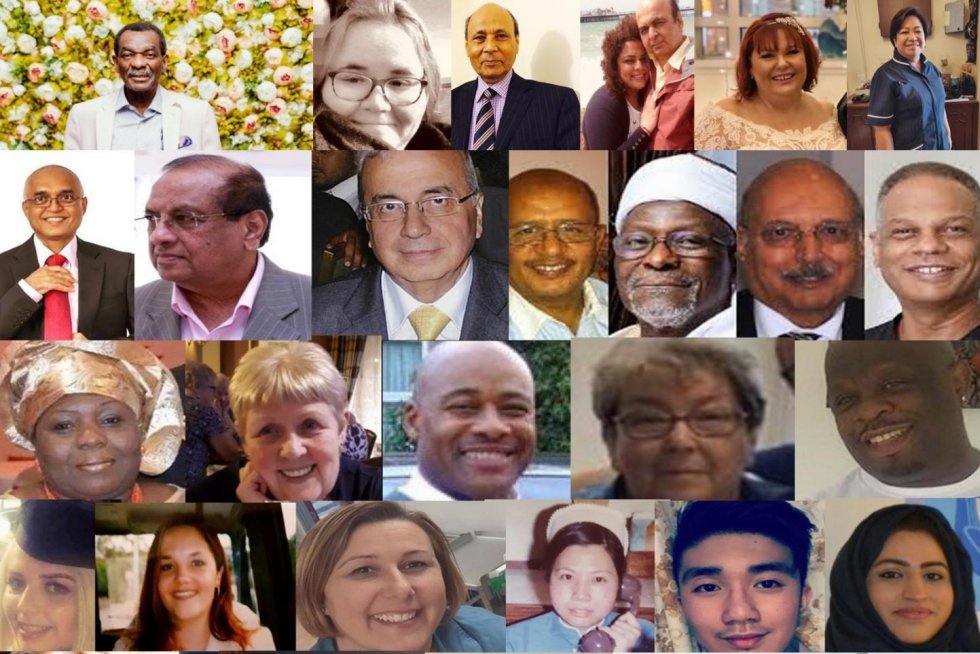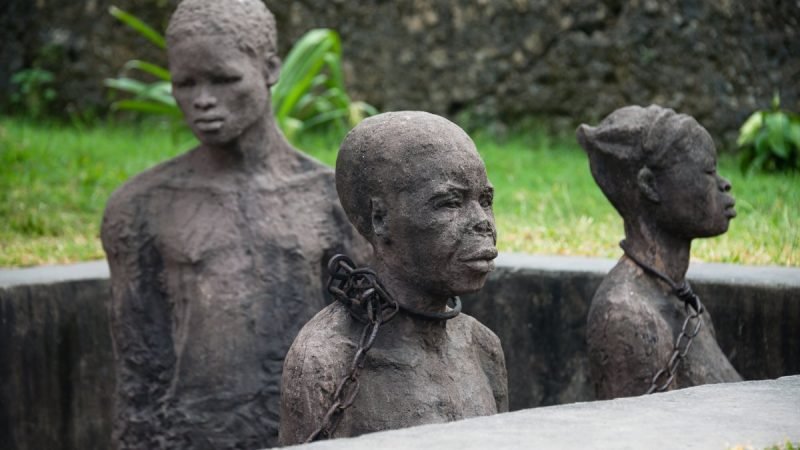BAME COVID-19 inquiry rejected by Muslims & Hindus alike

The Black, Asian and Minority Ethnic (BAME) COVID-19 deaths inquiry, announced by Public Health England (PHE), has attracted objections from both Muslim and Hindu faith groups. More importantly, the tardiness in announcing the review; its terms of reference and the actions planned as a result, may allow the opportunity to address health inequalities slip away. The differences among Britain’s multi-ethnic, multi-faith groups have once again risen to the forefront with many people from BAME communities believing that they have become invisible in the UK’s political system.
BAME people disproportionately affected by COVID-19
Figures released by The Intensive Care National Audit and Research Centre (ICNARC) on 10th April 2020 show that Black, Asian and Minority Ethnic (BAME) groups are disproportionately affected by the COVID-19 virus. Of the 3883 patients identified in its report: 35% were BAME (compared to the 17% BAME population of the UK); 70% were male and 25% of those aged 16-39 died. Overall there is 51% critical care mortality.
On 22nd April 2020, health publication HSJ released an exclusive report on the deaths of 119 NHS staff that have been analysed by three leading clinicians. It identified that among all staff employed by the NHS, BAME individuals accounted for approximately 21%, including approximately 20% among nursing and support staff and 44% among medical staff. BAME individuals accounted for 63%, 64% and 95% of deaths in the same staff groups. BAME patients also accounted for 34% of the patients admitted to UK intensive care units with COVID-19 but are only 17% of the UK population.
Why are BAME individuals suffering in greater proportions?
It is not known what the underlying causes are for BAME individuals suffering in greater proportions than their numbers in the population, but many speculate that it may be due to:
- geographic distribution. Many Asians, for example, live in clusters in cities like London which has had the highest incidences of COVID-19;
- cramped, multi-generational households leading to the lack of observance of social distancing;
- higher rates of poverty and poorer access to healthcare;
- a higher representation in key worker categories like the health, transport and social care where a lack of personal protective equipment (PPE) could be exacerbating the problem;
- underlying conditions like a greater likelihood of cardiovascular disease, hypertension, diabetes and kidney disease;
- low levels of vitamin D which is key to the body’s immunity, including to chest infections, and is also likely to be lower in BAME populations.
This is not an exhaustive or researched list, merely factors that clinicians and statisticians could readily investigate with existing NHS data and cause of death reports.
What is the benefit of a BAME COVID-19 inquiry?
Apart from saving lives, addressing health inequalities through an exhaustive but swift inquiry can increase the effectiveness of current health care plans and lead to greater sustainability in the health ecosystem. If there are identifiable characteristics about COVID-19 then finding early solutions will help everyone in the long term. Solutions such as identifying a correlation between COVID-19 and occupation; between the virus and other conditions like hypertension or diabetes, may shorten the time it takes to find a drug or vaccine to treat coronavirus. It can also improve the effectiveness of the “Test, Track and Trace” NHSX App recently announced by the Government.
Duncan Selbie, CEO of Public Health England said: “There appears to be a disproportionate impact of COVID-19 on Black, Asian and minority ethnic people and we need to develop a better understanding of the reasons behind this. As a first step, PHE will be linking thousands of existing health records for confirmed COVID-19 cases to gather more robust data, and I am delighted that Trevor Phillips OBE and Professor Richard Webber have agreed to provide expert independent support. This will be complemented by the call on Wednesday from the National Institute for Health Research for rapid research proposals on COVID-19 and ethnicity.”
Inquiry unlikely to gain full participation from BAME community groups
However, the inquiry which is led by Public Health England, has already become quagmired in controversy and is unlikely to gain full participation from BAME community groups. The Muslim Council of Britain (MCB) issued a statement on the appointment of Trevor Phillips to advise the COVID-19 ethnicity review, saying that “ it is wholly inappropriate to give that responsibility to someone being investigated for racism.” In March 2020, Mr Phillips was suspended from Labour following allegations of Islamophobia.
Similarly, The Labour Party’s own race review into the COVID-19 impact, headed by Baroness Doreen Lawrence, has also been criticised by Hindu groups after it was revealed that Sikh, Muslim and Jewish representatives were invited but The Hindu Forum of Britain and Hindu Council UK, the two largest umbrella organisations that represent Hindus in Britain, were not.
"If you are discussing the impact of COVID-19 on BAME and frontline workers, don’t you think Hindus should be invited? Hindu professionals are working in frontline jobs in large numbers. Many Hindu doctors work in the NHS, and many Hindus, including doctors, have died of COVID-19 so we are disappointed at not being consulted," Rajnish Kashyap, General Secretary at Hindu Council UK, said to The Times of India.
At the last Census in 2011, 5.02% (2,660,116) of the UK population identified as Muslim; 1.5% (817,000 people) identified themselves as Hindu; 0.7% (432,000) as Sikh; 0.43% (263,346) as Jewish; 151,816 Buddhists with approximately 25,000 Jains. Up to April 21st 2020, 492 Indian-origin people had died of COVID-19 in Britain, making Indians the highest of any ethnic minority to die of the virus in the UK, and 3% of all COVID-19 UK deaths.
Obfuscation leads to loss of momentum
"What has been shocking – and should be the focus of any inquiry – is the lack of action to address the greater risks identified by us and others", said Jabeer Butt, Chief Executive, Race Equality Foundation in a letter to The Guardian newspaper about the level of BAME COVID-19 deaths. The Foundation has posed a number of questions about COVID-19 deaths among NHS and healthcare workers, including whether there were risk assessments for key workers and whether the inner circle of Government leaders and key experts is sufficiently diverse.
Disproportionate death of BAME people is not a “natural phenomenon”
“Britain doesn’t care about health inequalities. For minorities, that ignorance is deadly,” said author and columnist Afua Hirsch writing in The Guardian.
“In the case of COVID-19, it may be that the existence of underlying conditions such as diabetes, high blood pressure, stroke and heart disease – at higher rates in some ethnic minority communities – offers part of the explanation for our apparent heightened vulnerability.
If that is the case, then far from absolving the role of public authorities the duty to promote racial equality requires them to offer greater protection to the groups at higher risk.
What we must not do is sink into the all too familiar idea that the disproportionate death of ethnic minority people from disease is an inevitable 'natural phenomenon'."
Whether the current PHE inquiry can build sufficient trust and confidence in its findings, among the BAME communities it is seeking to help, remains to be seen.




